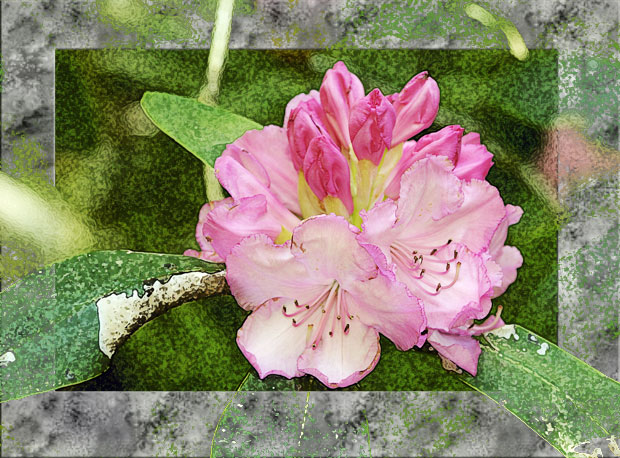At the age of twenty five I decided to leave Seattle, my birthplace, largely because of the rapid growth that had taken place and the accompanying freeway traffic. I took a look around me and decided that this was no longer the place where I had grown up, that people and pollution had irrevocably changed what had most appealed to me.
Although I never participated in the so-called Hippie movement I did subscribe to a number of back-to-earth principles, at least to the extent that I could practice them in the suburbs. I’ve always had a small, intensive garden, bought what I didn’t grow locally whenever possible, and composted food waste, grass, clippings, etc. I recycled long before they picked it up at the curb, way back when you had to haul items to a recycling center that looked like a scrap yard, which often meant storing garbage bags full of recyclables for months. Later my son described me as a Granola, a term he would probably also use to describe poets like Gary Snyder or Wendell Berry. He’d be right.
The greatest commitment I made was to have only two children, although children were often the greatest joy in my life. It was clear even then that the biggest environmental problem was simply too many people wanting too many things. And since even I wanted too many things, the only answer seemed to be less children, one to replace my wife and one to replace me. When I got divorced at a relatively early age, I decided I couldn’t honestly date anyone who was young enough to want children of her own. I’d had my two and, in my mind at least, couldn’t justify more.
No one who ran in the same circles I did had more than two children. We all saw that overpopulation was a problem and wanted to help solve the problem the only way we knew how. If statistics are to be believed, those people who grew up in this country ended up not having enough children to replace themselves. Without immigration, and the birthrate of immigrants, the population would actually have declined, not grown, taking at least some of the pressure off the environment.
Unfortunately, anyone who’s lived in Washington very long realizes that the state has grown tremendously, from 2,853,214 in 1960 to 5,894,121 in 2000, nearly doubling in less than forty years. The forecast is for even faster growth in the immediate future. Little wonder that natural areas and farmlands are fast disappearing. Little wonder that scientists are describing the once pristine Puget Sound as a “Toxic Stew�?
Considering how vital salmon are to this region’s entire ecosystem, it is frightening to learn that “Chinook caught in the state’s inland sea are contaminated with levels of PCBs — polychlorinated biphenyls — up to six times higher than fish from the Columbia and Sacramento rivers and along the east side of Vancouver Island. The chinook are also packing away flame retardants added to a wide range of consumer products, state scientists reported.�?
But it’s not just the salmon we will lose unless we can change our ways because salmon lie at the heart of the Pacific Northwest ecosystem. People may be able to live without salmon, but its doubtful whether many of the birds and animals that rely on them could survive.
Considering that Washington is a relatively “green�? state and that most people say they are concerned about the environment, one can only ponder what effects growth at present rates will have on the nation in my grandkids’ lifetime.

